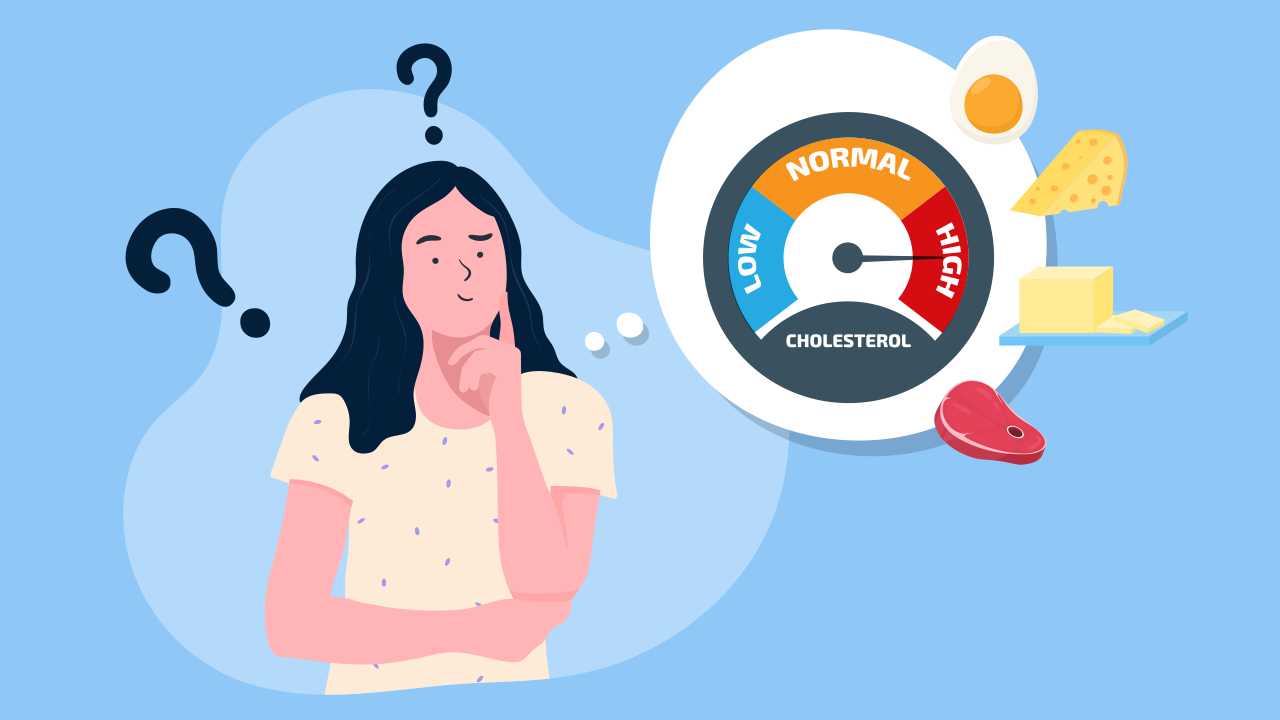
Carbohydrates: How Much Should You Eat and Why

Carbs — to eat or not to eat — that is the question. Carbohydrates or carbs are often looked upon as an enemy to weight loss. The food component is in fact, needed by your body in large quantities for sustenance.
Let’s find out the role of carbohydrates in the body and why your body needs them in larger amounts.
What are the functions of carbohydrate in your body?
If you think that all carbs do is make you put on weight, think again. Let’s take a look at the primary functions and benefits of carbohydrates.
Provides energy: One gram of carbohydrates provides 4kcal of energy. Carbohydrates supply immediate energy to the body — this makes them the preferred source of fuel before a high-intensity activity such as running, weight lifting, or swimming. However, this energy-giving function is not limited to exercise. Energy is needed for internal body functions such as digestion, and basic physical activities like walking. Carbs are vital for producing energy for these processes as well.
If the energy from carbs is not used up, it gets stored in the liver and muscles in the form of glycogen (stored form of glucose). Glucose, a form of carbohydrate, is the chief source of fuel for your brain. Any excess glucose gets stored as fat in the body. Hence, the right balance of carbs is important.
Protein-sparing action: Besides carbohydrates, protein supplies energy to the body, too. Both 1g of carbohydrate and 1g of protein provide 4kcal of energy. However, the chief source of energy for daily activities needs to be supplied by carbohydrates and not protein. This is because your body first uses energy from dietary carbohydrates and then relies on stored glycogen. If both of these are lacking, the body relies on protein stores in the form of lean muscle mass for energy. Hence, carbs help preserve lean muscle mass in your body.
Regulates gut health: Fiber is a type of carbohydrate present in fruits, vegetables as well as whole grains. It does not supply energy and passes undigested from the body. But including fiber in the diet is essential as fiber-rich foods help regulate your bowel movement and add bulk to your stools. Healthy bowel movements are a sign of good health. Fiber helps prevent constipation and conditions such as diverticulitis and hemorrhoids.
Fiber also acts as a prebiotic, which means that it is “food” for intestinal microorganisms. Studies have pointed out that a friendly population of microbes in your gut can help improve your mood.
The National Institute of Nutrition (NIN) recommends a minimum daily intake of 30g of fiber/2000kcal for adults.
So are all carbohydrates healthy?

However, not all types of carbs make the cut. Refined carbs in the form of refined flour and sugar and processed grains, lack fiber and are devoid of nutrients. They raise blood sugar levels more rapidly than whole foods. Most baked goods, desserts, and breakfast cereals have plenty of refined carbs.
It is better to opt for whole foods like fruits, non-starchy vegetables, whole grains (brown rice, pulses, beans), and low-fat dairy products as your choice of carbs. The fiber in them also fills your stomach faster and helps you to not overeat.
How much carbohydrates should you eat?

According to the NIN, an adult needs to consume 45% to 65% of their daily caloric intake from good quality carbohydrates. For example, a person on a 1,200kcal diet should consume 540kcal-780kcal of carbohydrates. This would translate to 135g-195g of carbohydrates daily. This number is to be split into meals throughout the day and cover sufficient protein as well as fat.
So, choose the carbohydrates you eat wisely. Daily consumption of the right kind of carbohydrates is essential for your well-being and should be an integral part of your diet.
References
1. Slavin J, Carlson J. Carbohydrates. Adv Nutr 2014; 5: 760–1.
2. Ma W, Nguyen LH, Song M, et al. Intake of dietary fiber, fruits, and vegetables and risk of diverticulitis. Am J Gastroenterol 2019; 114: 1531–8.
3. Soliman GA. Dietary Fiber, Atherosclerosis, and Cardiovascular Disease. Nutrients 2019; 11: 1155.
4. Bazzano LA. Effects of soluble dietary fiber on low-density lipoprotein cholesterol and coronary heart disease risk. Curr Atheroscler Rep 2008; 10: 473–7.
5. Parnell JA, Reimer RA. Prebiotic fiber modulation of the gut microbiota improves risk factors for obesity and the metabolic syndrome. Gut Microbes 2012; 3: 29–34.
6. Probiotics alone or combined with prebiotics may help ease depression: But possible contribution to lessening anxiety not yet clear, evidence review suggests. ScienceDaily. 2020; published online Jul 6. www.sciencedaily.com/releases/2020/07/200706203820.htm (accessed Feb 16, 2021).













